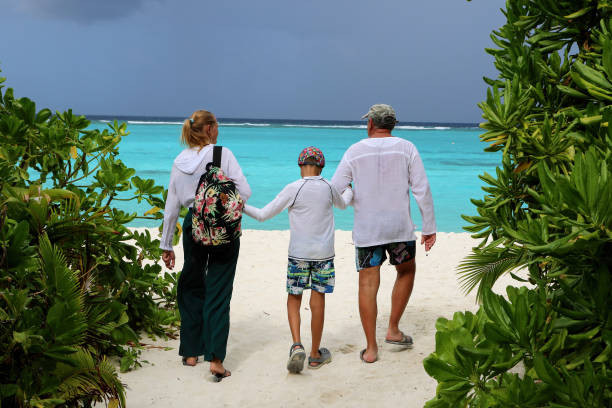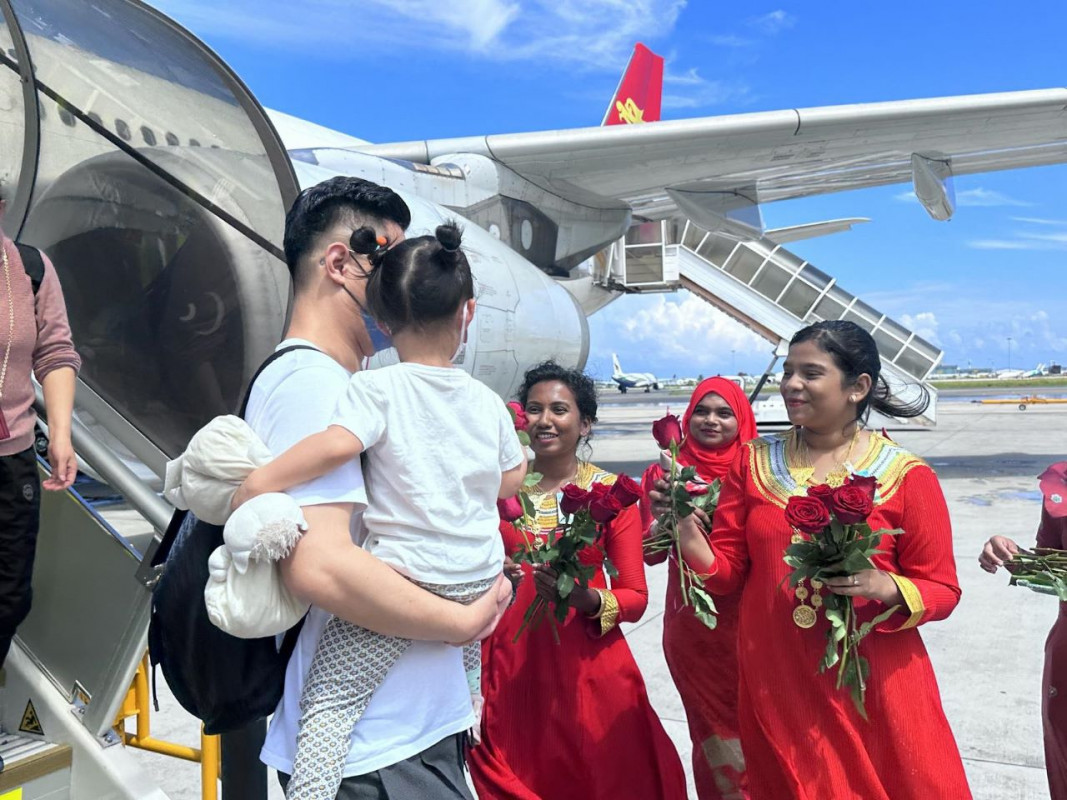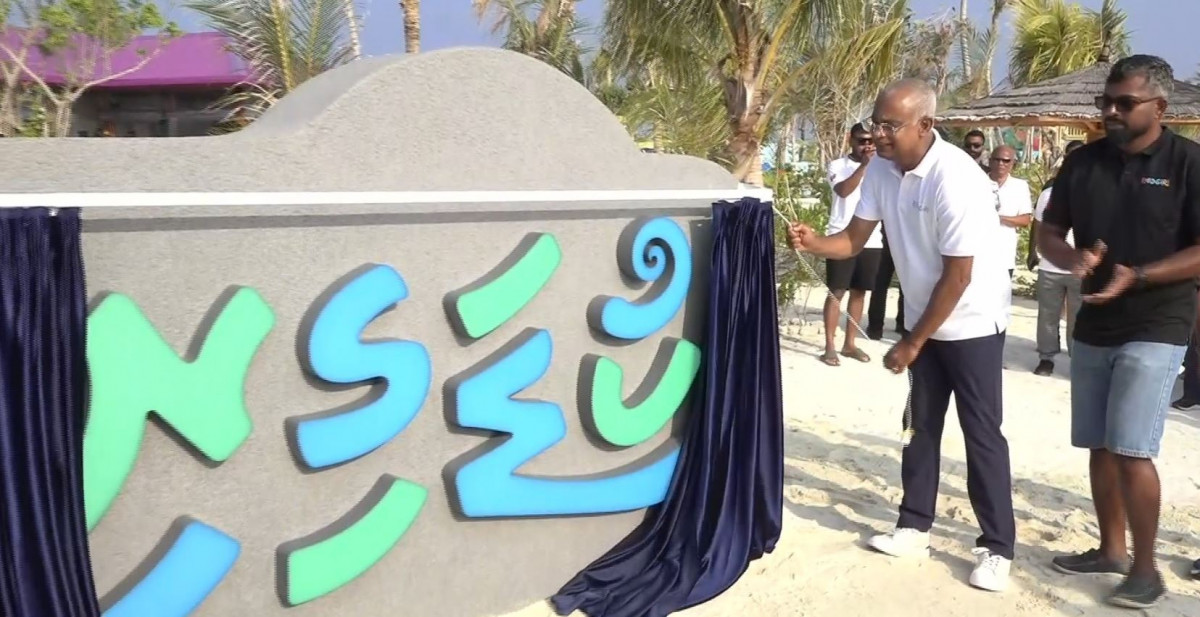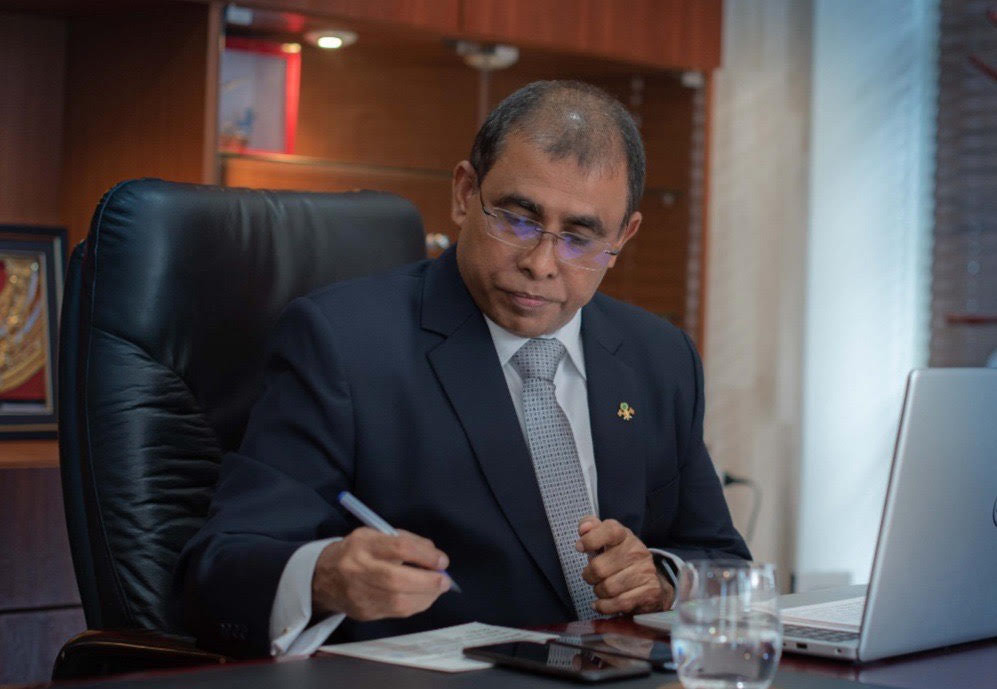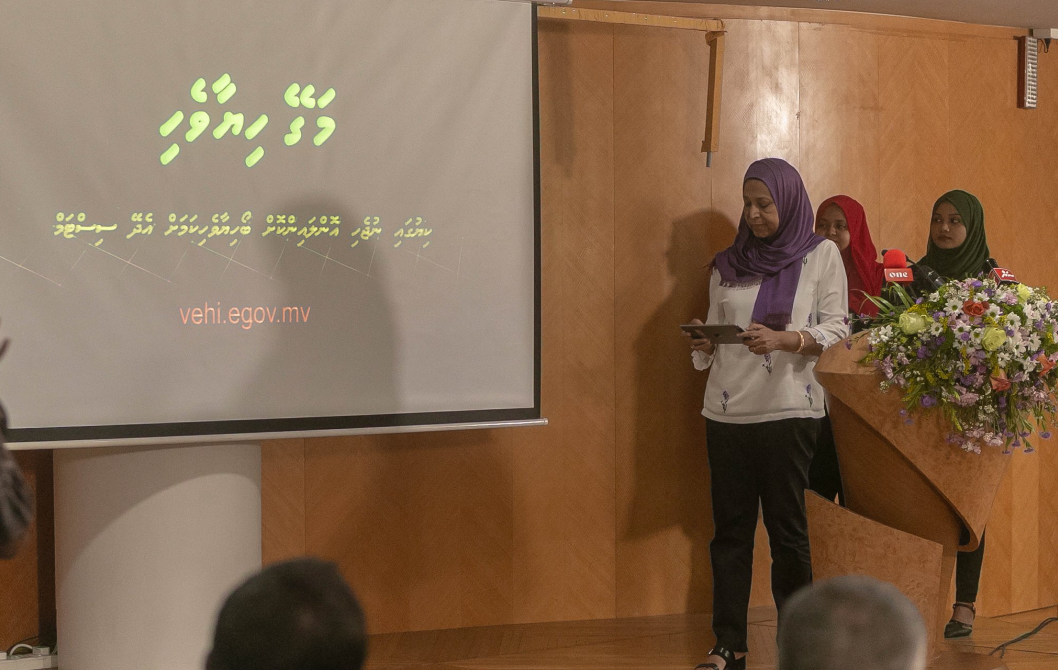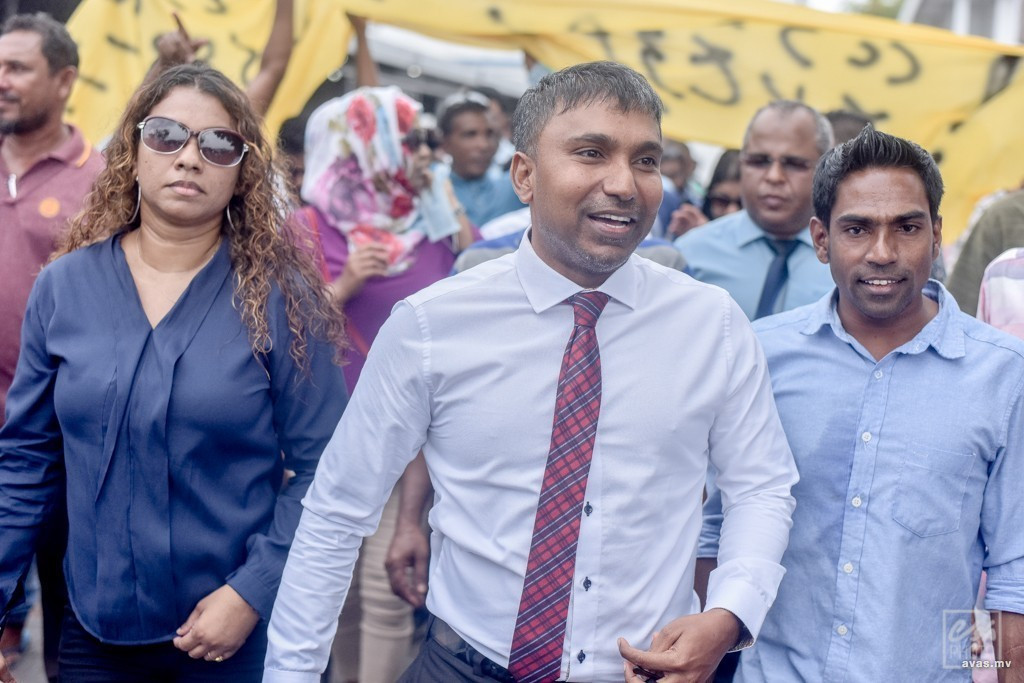1,296 out of 2,689 new Covid-19 cases, reported from Maldives capital
The location of 379 cases confirmed on Saturday, is yet to be determined


Samples being collected for Covid-19 testing
Out of 2,689 Covid-19 cases confirmed on Saturday, 1,296 were from the capital, Malé region.
According to the latest figures publicized by the Health Protection Agency (HPA), 2,734 additional recoveries were also confirmed between 6pm Friday and 6pm Saturday.
This is the eighth consecutive day Maldives has been confirming more than 2,000 daily coronavirus cases.
As such, the public health authorities tested a total of 7,013 samples for the infection, of which 1,296 returned positive from the congested capital, 994 across residential islands outside of the capital and 20 from operational resorts.
HPA revealed that the location of 379 cases confirmed on Saturday, is yet to be determined.
In the reporting period, 3,445 samples were collected across the capital in the reporting period, where the Covid-19 positivity rate sits at 38 percent.
By sundown on Saturday, the country’s active Covid-19 cases had dropped to 17,732 from the previous day’s 17,777.
HPA revealed that the total number of coronavirus cases confirmed across the archipelago nation since the confirmation of the first few cases on 7 March 2020, has been pushed to 133,288.
With this development the total number of patients who have recovered from the virus across the country has also been pushed to 115,269.
Hospital admissions currently sit at 53, with four more patients hospitalized for treatment in the reporting period.
For the first time, weekly Covid-19 cases hiked to a record number this week, with 18,311 new cases reported between January 23 – 29. The highest rise in daily cases was reported on Wednesday, when 2,813 cases were confirmed. Cases remained above 2,000 on a daily basis this past week.
Maldives reported its first Covid-19 fatality in April 2020 and since then, the death toll has risen to 274. 11 Covid-19 fatalities have been confirmed so far this year.
Although Maldives had maintained the Covid-19 caseload at low daily figures across the capital region in recent months, cases across the capital have been spiking recently. The caseload across the capital has been spiking since New Year’s. Due to this, HPA recently tightened safety measures across the Greater Malé Region.
As such, gatherings, events and parties with more than 50 persons are disallowed, with those hosting such gatherings cautioned to follow the guidelines set by the authority. In addition, night and city markets have been prohibited, with sports activities closed off to the public as well. In addition to this, those traveling from the capital region will be required to present negative PCR certification valid 72 hours prior if they have passed 14 days since completing both doses of Covid-19 vaccine.
Further, those who have not completed their vaccine shots will be required to undergo a mandatory quarantine period of 14 days and will only be released upon a negative PCR result.
The public health authority revealed that sample collection centers will be open at Social Center, Villimalé and Hulhumalé. As such, sample collection centers will be open in the Social Center, Villimalé Flu Clinic, Hulhumalé Ruhgandu 1, Henveiru Football Ground, Hulhumalé Phase II as well as the Parking Zone near Sinamalé Bridge. HPA recently opened a flu clinic for Covid-19 patients at FAM Building, which will be open through Saturday to Thursday as well as Fridays.
At a time the caseload has been spiking, the island nation recently celebrated the New Year, where large groups of people thronged the capital’s suburbs and other regions to welcome the new year. It is to be noted that the caseload hiked following the New Year last year as well.
The public has been urged to get vaccinated, adhere to guidelines set place in hosting events and gatherings and even in the work environment to prevent the risk of widespread infection.
Maldives confirmed the first case of the new, more transmissible variant of Covid-19, ‘Omicron’ on 5 December 2021. Since then, the public health authority has revealed that more cases have been surfacing.
Research indicates that those who have recovered from Covid-19 are at a high risk of contracting the new variant, dubbed a “variant of concern” by the World Health Organization (WHO).
The country has been in a state of public health emergency for nearly two years now, since 12 March 2020. The last extension is set to expire on February 28.
